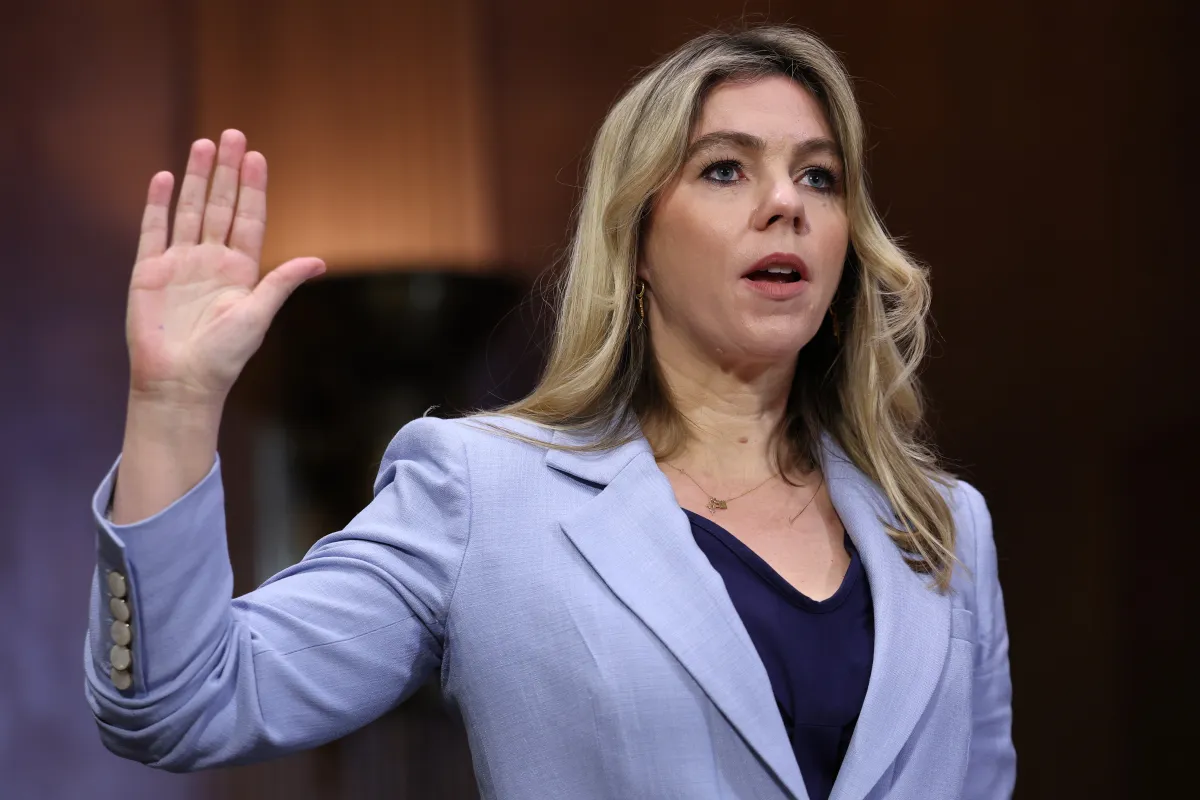
Things got intense on Capitol Hill. Sarah Wynn-Williams, Facebook’s former Global Policy exec, testified before the U.S. Senate and dropped some heavy claims—accusing her former employer, now Meta, of working hand-in-hand with the Chinese Communist Party (CCP) to “undermine U.S. national security and betray American values.”
Yes, those were her exact words.
According to her, Facebook didn’t just flirt with the idea of entering China—it allegedly built custom censorship tools for the CCP. These weren’t your average content moderation controls. We’re talking full-on editorial power. The kind of control that could turn off access to Facebook in entire regions of China—or shut things down completely during sensitive moments like the Tiananmen Square anniversary.
Meta says it’s all fiction.
“A narrative detached from reality,” responded Meta spokesperson Ryan Daniels. The company denies ever launching services in China and insists that while there was public interest years ago, nothing ever came of it.
But Wynn-Williams came armed with receipts—and a book.
Days after publishing her memoir, Careless People, Meta moved fast, claiming she broke a non-disparagement clause. They even secured a favorable arbitration ruling. The move may have backfired—her book is now climbing the New York Times bestsellers list.
Despite the legal dispute, Meta clarified it has no plans to block her testimony in Congress.
Here’s where things get serious.
Wynn-Williams claims Meta’s China ties run deeper than public filings show. According to documents shared with lawmakers, internal conversations allegedly took place about handing over user data to the CCP—especially during periods of unrest in Hong Kong. One senator described it as “Facebook being willing to provide the data of pro-democracy users to Beijing.”
Also raised: the “virality counter”—a system that flagged content automatically once it crossed 10,000 views, triggering review by a so-called “chief editor.” This feature, she says, was not only installed but fully activated in Hong Kong and Taiwan.
That’s a big deal.
Especially since Mark Zuckerberg had previously denied—under oath—any plans to build censorship systems for China.
The implication? If Meta shared any user data from China with Beijing, U.S. users connected to Chinese ones could’ve been swept in, too.
Wynn-Williams didn’t stop there.
She claimed Meta briefed the Chinese government on developments around AI and facial recognition technologies. And she left the Senate floor with one final mic-drop:
“The greatest trick Mark Zuckerberg ever pulled was wrapping himself in the American flag, all while building an $18 billion business in China,” she said.
“He’s doing it again,” she added, “as the AI era unfolds.”






